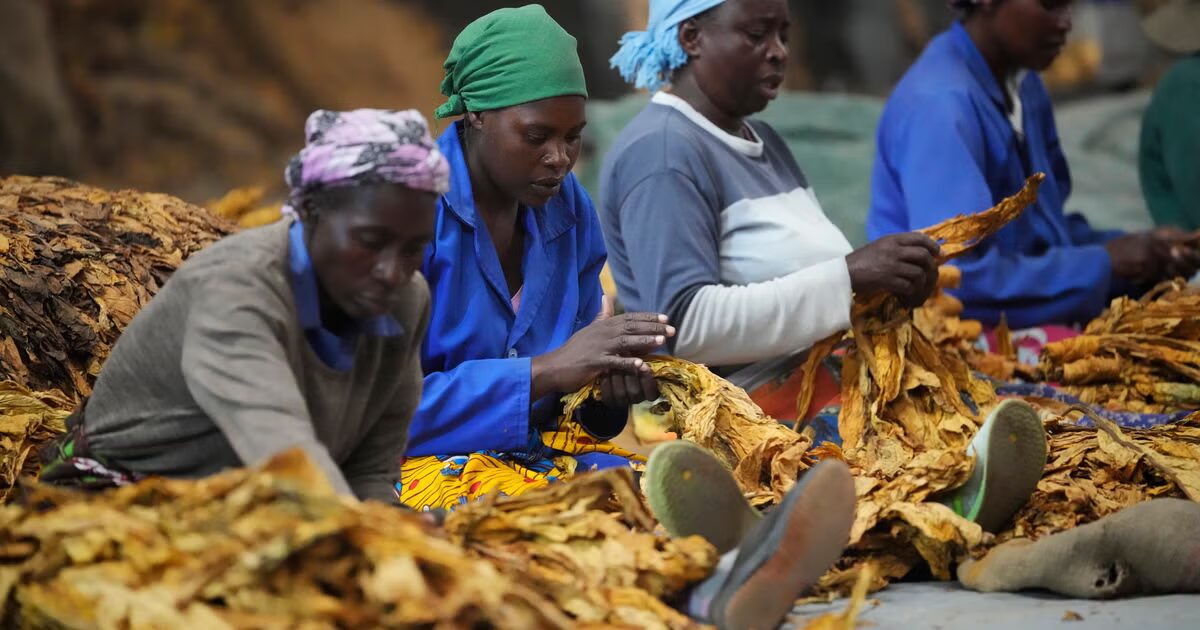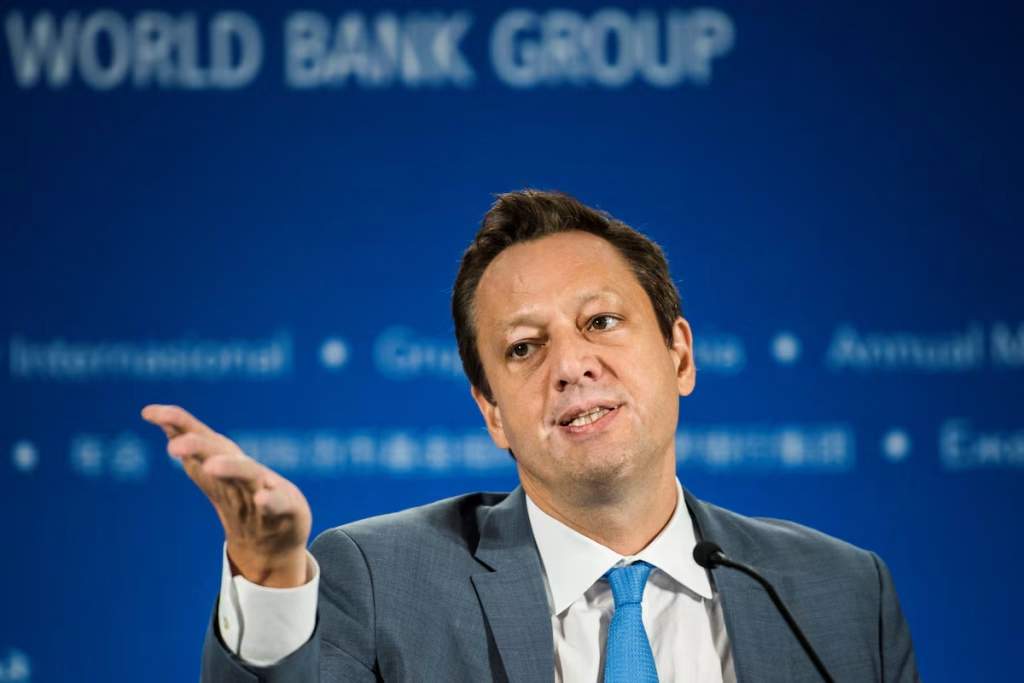
Thursday 16th October 2025

by inAfrika Newsroom
Africa domestic debt is rising fast, and it is starting to bite. The International Monetary Fund warned on Thursday that heavy reliance on local borrowing is straining banks, crowding out private credit and threatening weaker growth across sub-Saharan economies, officials said. The warning comes in the Fund’s new Regional Economic Outlook, released on the sidelines of the IMF-World Bank meetings.
The IMF said domestic markets remain shallow in many countries. As a result, treasuries pay high yields to roll debt, while banks park a growing share of assets in government paper. That linkage, officials said, creates a “sovereign–bank nexus” that can amplify shocks if public finances deteriorate. About half of public debt in the region now sits on local banks’ balance sheets, according to the report.
Policymakers have leaned into local funding as external markets turned expensive. However, the Fund said home borrowing has often proved costlier than planned because of illiquidity, wide bid-ask spreads and short maturities. It urged stronger debt management, better data transparency and credible medium-term fiscal plans to reduce rollover risk.
Africa domestic debt pressures have grown alongside subsidy costs, climate shocks and currency weakness. Consequently, governments have tapped domestic investors for budget support while postponing external issuance. The IMF said that approach may be prudent in the short run, but it can squeeze private borrowers and slow investment if it becomes a habit.
Banks face risks too. Concentrated holdings of sovereign securities expose them to mark-to-market losses when yields jump, and to solvency pressure if governments restructure, officials said. The Fund urged regulators to strengthen stress testing, cap concentrations where feasible and improve resolution frameworks in case a crisis spreads through the banking system.
The outlook is not uniformly bleak. Some countries have re-opened access to international capital and are lengthening maturities at home. Even so, the IMF said the region needs more reliable financing channels—ranging from deeper domestic investor bases to blended-finance vehicles—to fund infrastructure without overloading banks. It also pushed for better coordination between fiscal and monetary authorities to avoid crowding out.
Africa domestic debt dynamics matter for inflation and exchange rates. When governments borrow heavily from local markets, central banks may face pressure to accommodate. That can weaken currencies and complicate disinflation campaigns, analysts noted. The IMF said clear communication on policy aims, plus reforms to widen pension and insurance savings, can help stabilize demand for long-term bonds.
The Fund also called for more consistent disclosure of arrears, state-owned enterprise debts and guarantees. Hidden liabilities have amplified past crises and can spook investors, officials said. Over time, credible data and rules-based frameworks could lower risk premia and free space for private lending that drives jobs.
For now, the headline message is caution. Africa domestic debt has given treasuries a lifeline, but it is not a free pass. The IMF wants governments to lock in reforms while markets are calm—and before higher rates or a growth shock turns refinancing from difficult to dangerous.


